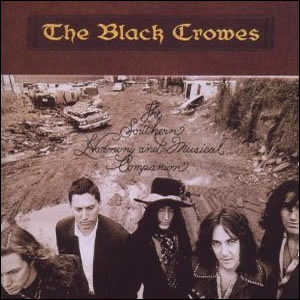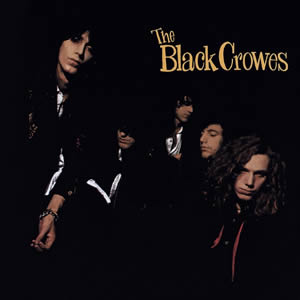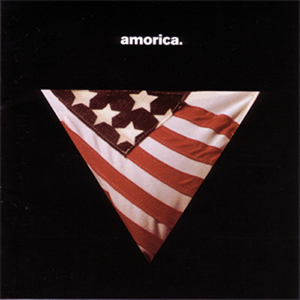The Southern Harmony & Musical Companion
by The Black Crowes
Buy The Southern Harmony & Musical Companion With the follow-up to their blockbuster 1990 debut, The Black Crowes took a more rootsy and soulful approach with The Southern Harmony & Musical Companion. That […]



